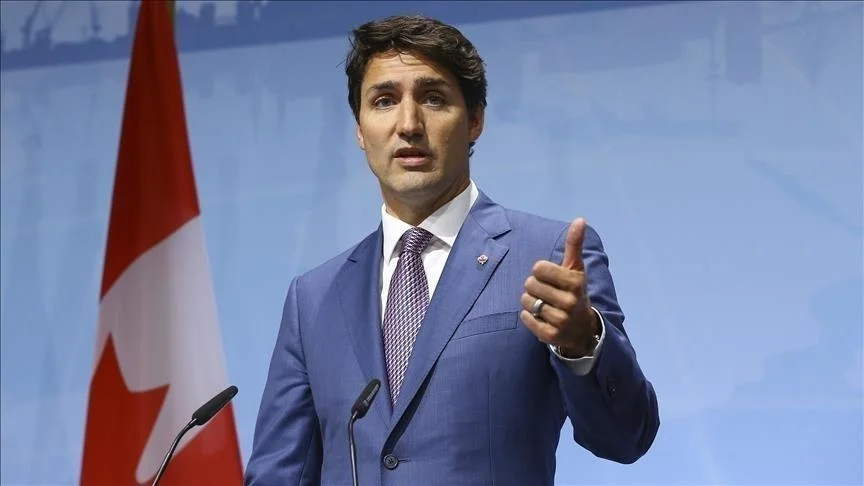Canadian Prime Minister Justin Trudeau has doubled down on his earlier statements, reaffirming that Canada possesses “credible information” indicating the potential involvement of Indian agencies in the murder of Hardeep Singh Nijjar. The controversial claim has ignited diplomatic discussions and raised questions about international relations between the two countries.
Hardeep Singh Nijjar, a prominent figure associated with the Khalistani separatist movement, was fatally shot outside a gurdwara in Surrey, Canada. The circumstances surrounding his murder have remained a subject of intense scrutiny.
Trudeau’s assertion that the killing of Nijjar was carried out by agents of the Indian government has added fuel to the fire. He boldly stated, “There are credible reasons to believe that agents of the government of India were involved in the killing of a Canadian on Canadian soil,” emphasizing that Nijjar is regarded as a ‘Canadian’ despite India’s designation of him as a terrorist.
The Prime Minister expressed his unwavering commitment to the rule of law and stressed that it is fundamentally unacceptable for any country to be implicated in the killing of one of its citizens on foreign soil. These remarks reflect the seriousness with which Canada views the situation.
Trudeau further underscored the need for Indian government cooperation, citing concerns about the safety of Canadians. He demanded that India takes the issue seriously and ensures justice is served in this case. His determination to safeguard Canadian citizens remains resolute, as he declared, “I’m going to keep working to keep Canadians secure.”
In addition to his public statements, Trudeau disclosed that he engaged in a “direct and frank” conversation with Indian Prime Minister Narendra Modi. The discussion likely revolved around addressing the issues raised and seeking clarity on the matter.
Canada boasts an independent justice system with robust processes in place, which will continue to investigate and adjudicate this case. Trudeau has extended an invitation to the Indian government to participate in the pursuit of truth and justice.
This development comes several months after the tragic murder of Nijjar, and it raises questions about the complexities of international diplomacy and cooperation. The alleged involvement of Indian government operatives in a foreign country’s jurisdiction has prompted a call for thorough investigation and transparency.
As the diplomatic discussions unfold, the world watches closely to see how these claims will impact the relationship between Canada and India, two nations that share diplomatic and economic ties. The quest for justice and truth continues, underscoring the importance of international collaboration in addressing such sensitive matters.




